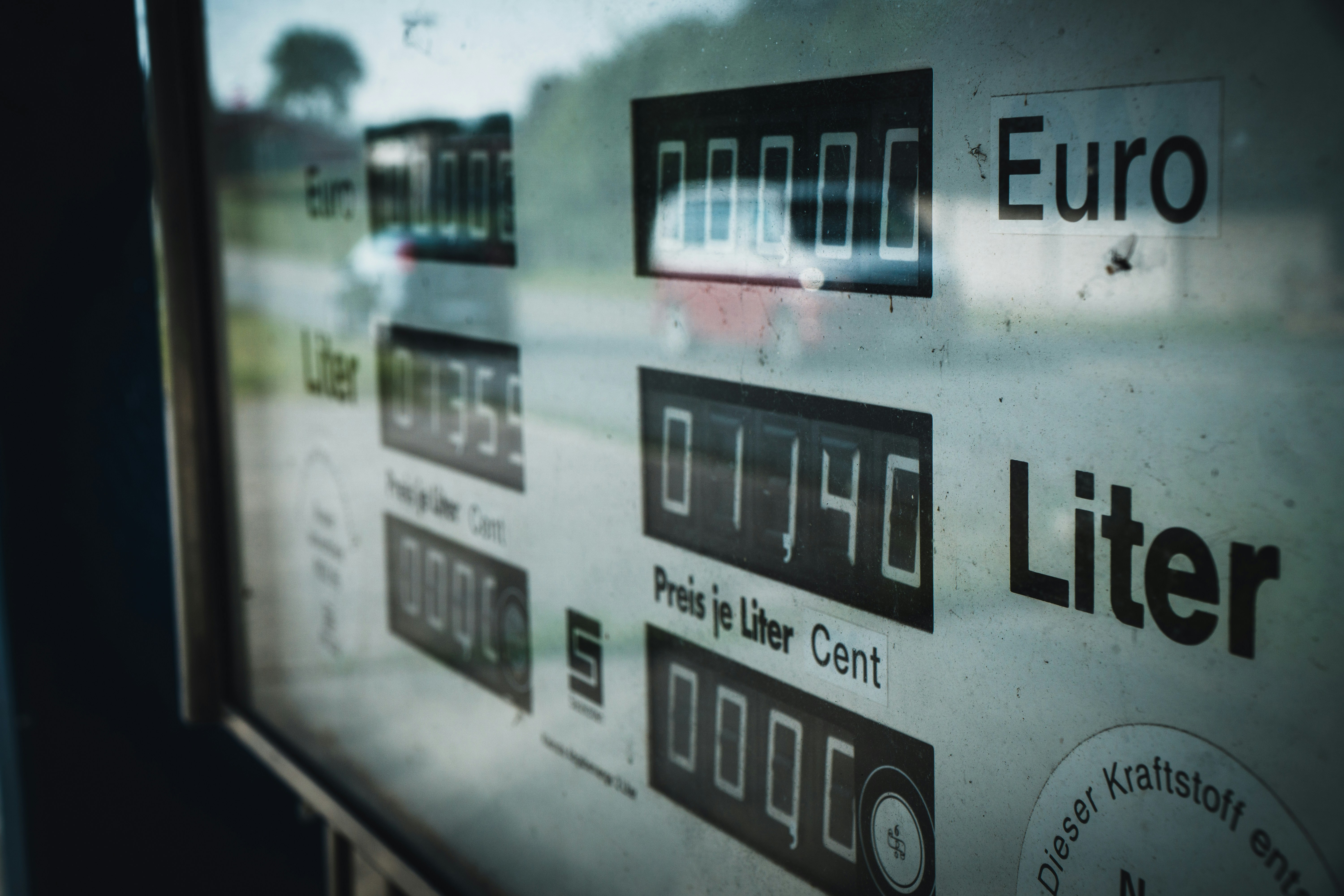European Energy Markets React To Russian Supply Uncertainty

European gas prices surged to their highest levels in a year, driven by fears of a potential disruption in supplies from Russia. The warning from Austria’s OMV about a possible halt in gas deliveries from Gazprom, following an arbitration ruling in OMV’s favor, sent futures on the European benchmark, TTF, up by 5% to €46 per megawatt hour in early trade. This development underscores the fragility of Europe’s energy markets as they continue grappling with geopolitical tensions and supply chain vulnerabilities.
The Immediate Market Reaction
The market’s response was swift and significant. Following OMV’s announcement late Wednesday, TTF futures jumped in early trading, reflecting concerns about supply reliability. While prices eventually pared some of the gains, the volatility highlighted the sensitivity of European energy markets to geopolitical developments. Traders and analysts attributed the spike to fears of reduced supply ahead of winter, a critical period for gas demand.
The Arbitration Ruling and Its Impact
The root of the uncertainty lies in an arbitration ruling that awarded €230 million to Austria’s OMV in its dispute with Gazprom. While details of the case remain limited, the decision appears to have strained the relationship between the two entities. Gazprom’s subsequent warning of a potential supply halt is seen as a retaliatory measure, raising questions about the stability of existing energy contracts and the legal frameworks governing them. The ruling has broader implications, highlighting the complexities of maintaining secure and reliable energy agreements amid political and economic disputes.
Broader Energy Security Concerns
This episode reignites concerns over Europe’s dependence on Russian gas, which, despite diversification efforts, remains a critical component of the continent’s energy mix. Recent geopolitical tensions have already destabilized energy markets, and the prospect of further disruptions exacerbates these challenges. As winter approaches, any interruption in Russian gas supplies could significantly impact both energy availability and pricing, further straining European economies still recovering from inflationary pressures.
Strategic Responses by European Nations
European countries have been actively working to mitigate risks related to energy security. Stockpiling gas reserves has been a key strategy, with many nations nearing or exceeding their storage capacity targets. Efforts to diversify supply chains include increasing imports of liquefied natural gas (LNG) from the U.S. and Middle East and expanding pipeline agreements with Norway. Additionally, the European Union has been advancing policies aimed at reducing dependence on Russian energy, such as accelerating the transition to renewable sources and fostering regional energy cooperation.
Implications for Energy Markets and Consumers
The potential disruption of Russian gas supplies could lead to sustained price volatility in European energy markets. For businesses and industries, higher gas prices translate into increased operational costs, which may be passed on to consumers in the form of rising goods and services prices. Households could face higher energy bills, adding to existing financial pressures from inflation. If supply concerns persist, the winter months could bring further market instability and exacerbate energy affordability issues.
Lessons and Future Strategies
The current situation highlights the vulnerabilities of Europe’s energy landscape and the need for robust strategies to ensure long-term stability. Legal disputes such as the OMV-Gazprom arbitration underscore the importance of clear and enforceable frameworks for resolving energy conflicts. At the same time, the crisis serves as a reminder of the urgency to diversify supply sources and accelerate investments in renewable energy to reduce reliance on geopolitically sensitive providers.
Conclusion
The recent surge in European gas prices, fueled by fears of a potential Russian supply halt, underscores the fragility of the continent’s energy markets. The arbitration ruling in favor of OMV and Gazprom’s subsequent warning illustrate the complex interplay between legal disputes and energy security. As Europe braces for winter, the situation serves as a critical reminder of the importance of diversification, resilience, and proactive policymaking to navigate an increasingly volatile energy landscape.
Author: Ricardo Goulart
Copper's Comeback: Inside BHP And Lundin's Argentine Asset Acquisition
Copper, often dubbed "the metal of electrification," is experiencing a resurgence in demand due to its critical role in ... Read more
Revitalizing Commodities: How Clean Energy Is Breathing New Life Into A Stagnant Market
The commodities market, traditionally a cornerstone of investment portfolios, has experienced a decade of stagnation. Ho... Read more
European Airports Disrupted By Escalating Climate Protests
Climate activists have escalated their protests at European airports, blocking runways and causing flight disruptions in... Read more
Hungary's Russian Oil Dilemma: Why Brussels Is Cautious In Offering Support
Hungary's reliance on Russian oil has led it to seek support from Brussels to ensure continued access to this crucial en... Read more
Unveiling China's Secret Commodity Stockpiles: What Lies Ahead?
Xi Jinping's extensive reserves of grain, natural gas, and oil hint at future challenges.In a move shrouded in secrecy, ... Read more
Copper Miners Brace For Industry Overhaul As End Users Seek Direct Deals
The copper mining industry is bracing for a significant overhaul as end users, including cable manufacturers and car com... Read more

